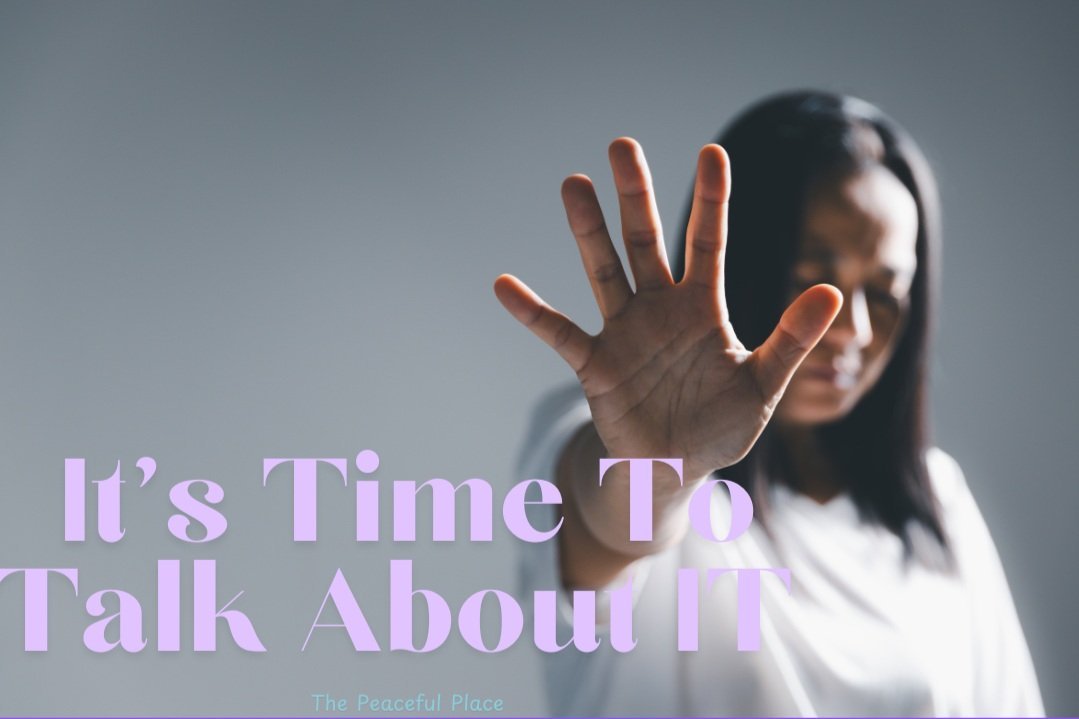
Limerence: The Hidden Epidemic of Love Addiction and How It Hijacks the Brain
Shannon Young, LICSW, LCSW


Illuminating the Unseen: Unsung Black Heroes in Mental Health and Their Legacy of Healing
Shannon Young, LICSW, LCSW

When "Delulu" and "Crash Out" Culture Goes Too Far: A Trauma-Informed Perspective on Trendy Escapism
Shannon Young, LICSW, LCSW

Understanding Twin Trauma: Navigating Identity, Codependency, and Healing.
Shannon Young, LICSW, LCSW

